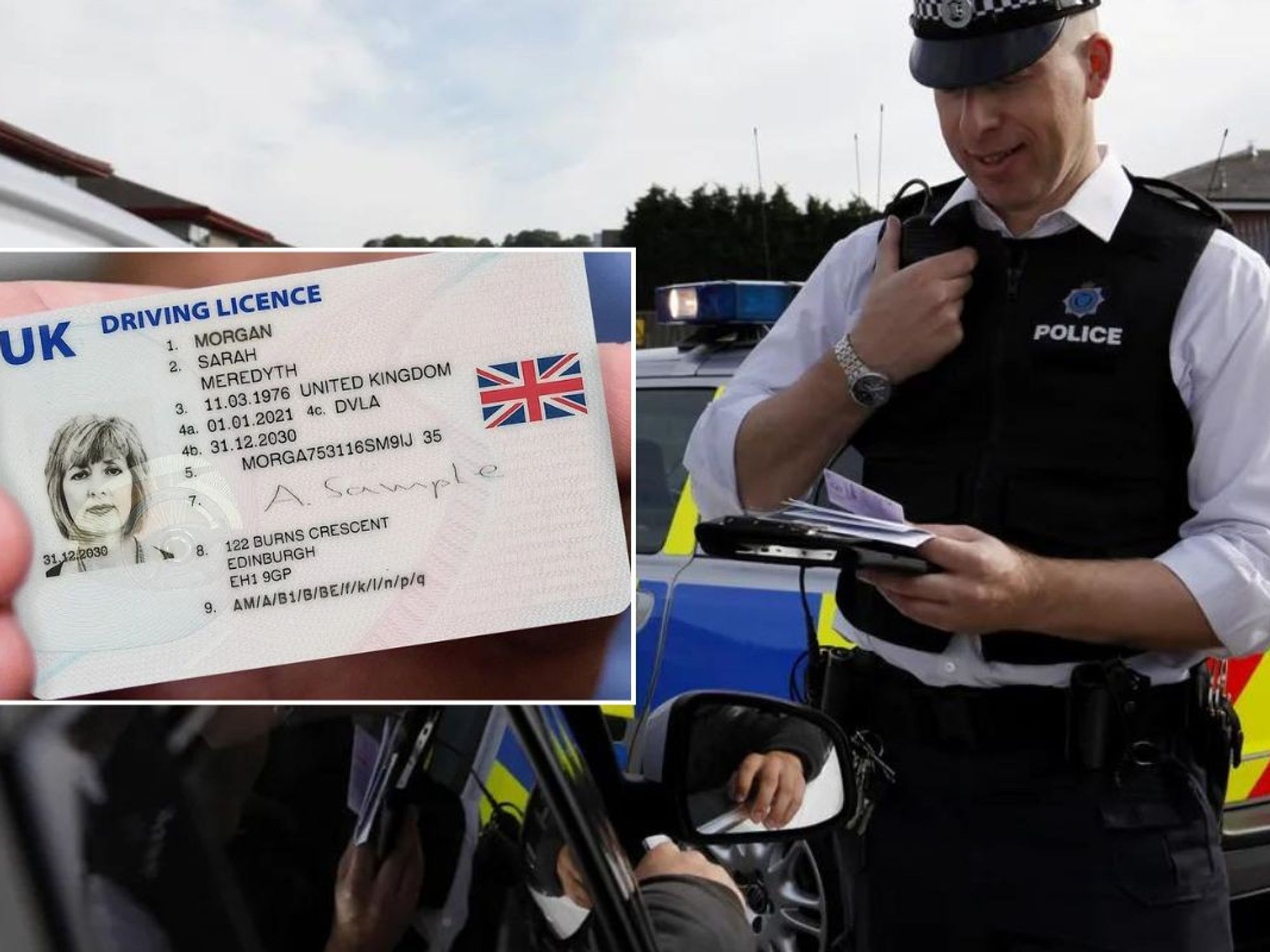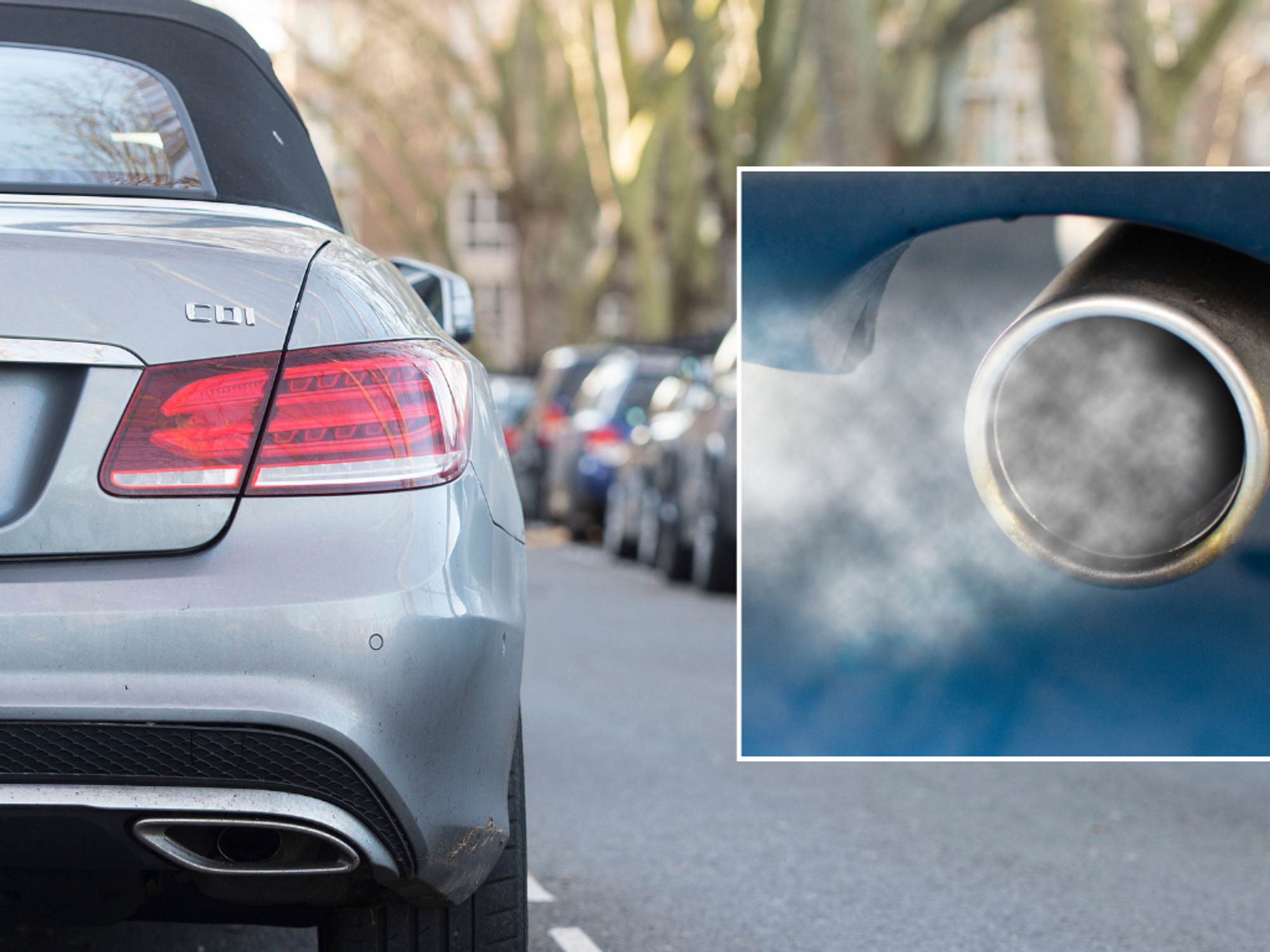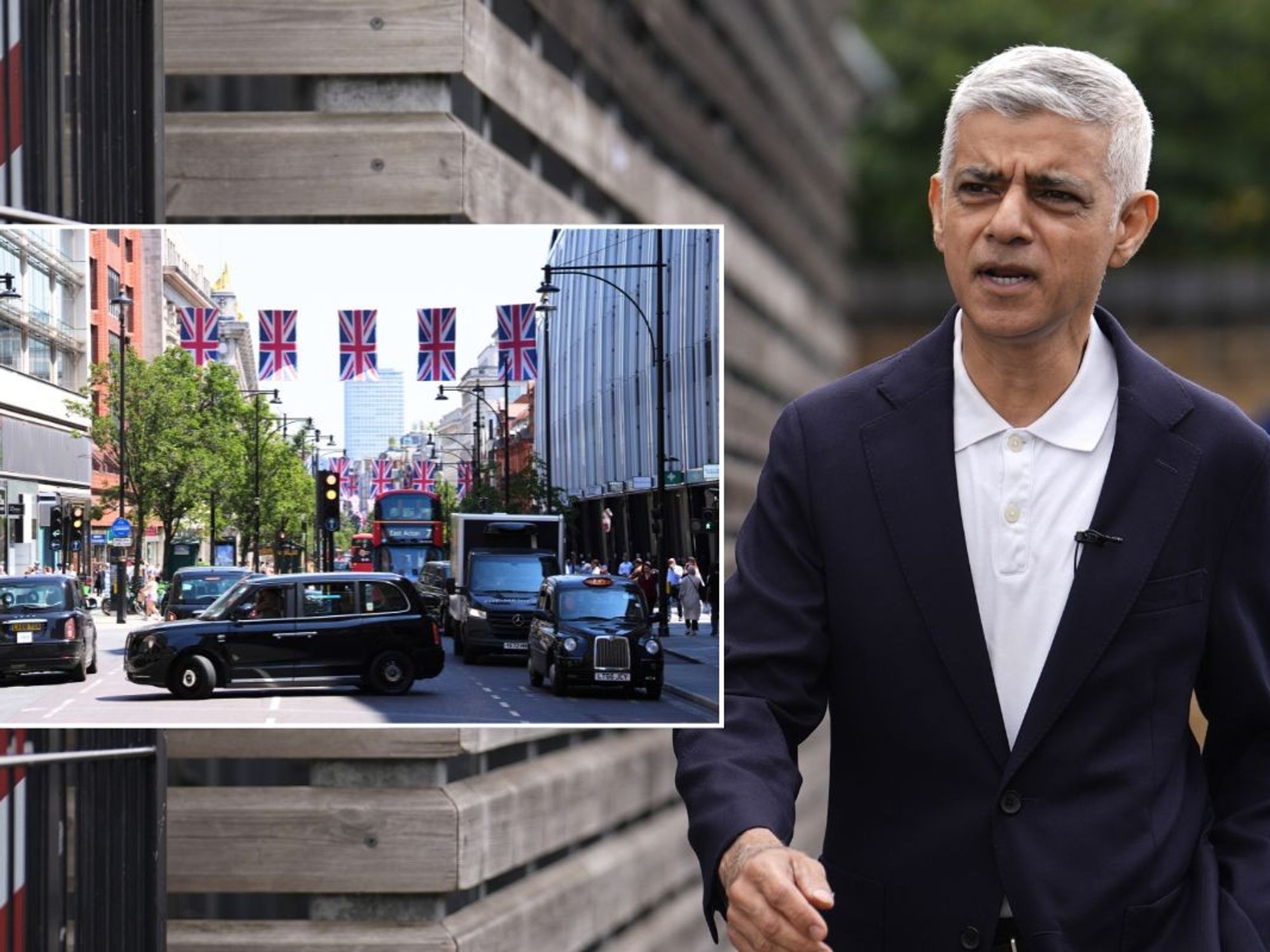Electric car owners urged to 'take advantage' of energy tariffs to avoid major price hikes this month

The new energy price cap was introduced on Tuesday, October 1
Don't Miss
Most Read
Latest
Drivers are being urged to look into their energy bills to see if they can avoid massive price hikes as new changes are rolled out at the start of this month.
In August, Ofgem, the UK's energy regulator announced that it would be hiking energy prices for typical households as part of the quarterly energy price cap.
The new energy price cap, which runs between October 1 and December 31, will go up to £1,717 per year, an increase of 10 per cent and adds around £12 per month to average bills.
Homeowners on a standard variable tariff will pay an average of 24.5p per kilowatt hour (kWh), alongside a daily standing charge of 60.99p per day.
Do you have a story you'd like to share? Get in touch by emailing motoring@gbnews.uk
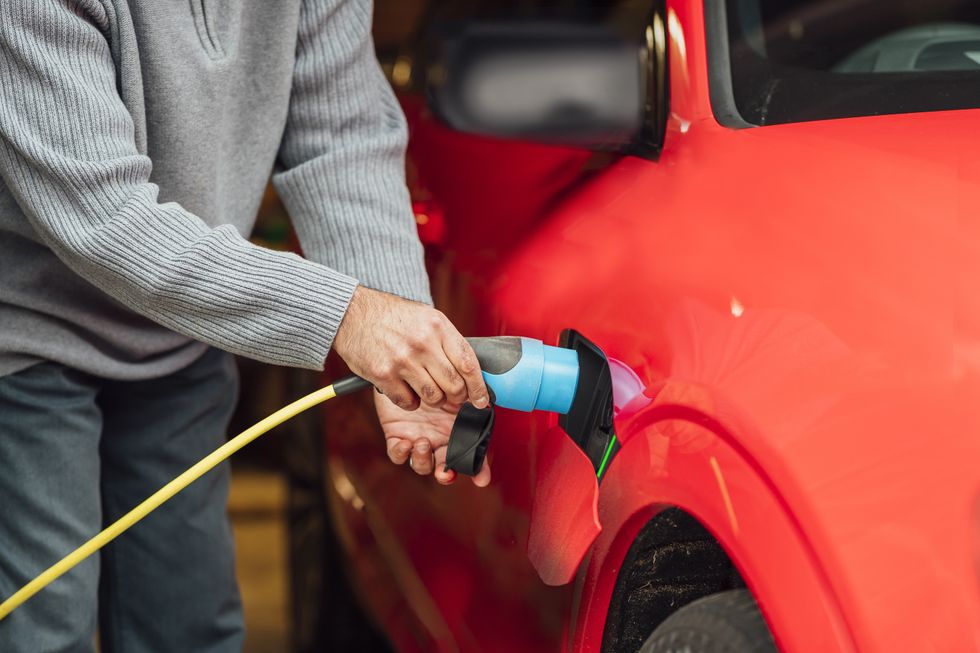 There are estimated to be around 700,000 chargers at homes and workplaces across the UK | GETTY
There are estimated to be around 700,000 chargers at homes and workplaces across the UK | GETTYThis could adversely impact electric vehicle owners who charge their vehicles at home, especially if they do not have an EV-friendly energy tariff to save them money.
Recent data suggested that motorists would be spending almost £3million extra every month as a result of the energy price cap increasing from October onwards.
According to the Octopus Electric Vehicles, it can cost as little as 6p/kWh for homeowners to charge their vehicles when using an Intelligent Octopus GO - EV Saver tariff.
Electric vehicle owners will see their costs rise from October 1 once the new energy price cap is introduced, with experts now warning that EV owners should look into ways to offset spending more.
Denis Watling, managing director at ChargeGuru UK, told GB News: "We always advise and encourage EV drivers who have a charger at home to take advantage of EV tariffs.
"It’s not so much a lack of information or education that prevents EV drivers from accessing these cheaper charging rates, it's more that people who can't charge at home can't access them, perpetuating the divide between communities when it comes to charging."
Research from ChargeGuru found that 48 per cent of customers would like their home charger to integrate with their existing energy tariff.
However, a further 52 per cent said they aren't interested or are unsure about integrating their charger with their energy tariff.
Data from Carmoola suggested that it would cost a homeowner with an electric car (with a 60kW battery) £14.70 to fully charge their vehicles at home, an increase from £13.41.
While the new energy price cap is still less expensive than it was one year ago, drivers are still being battered by the cost of motoring, namely from car tax, insurance premiums and the soaring cost of repairs.
Watling continued, saying: "It’s this group that we aim to educate on the options available to them.
"Ultimately, our goal is to enable the mass adoption of EVs, so it’s key that we ensure that drivers are aware of how they can be charging in the most cost-effective way possible."
LATEST DEVELOPMENTS:
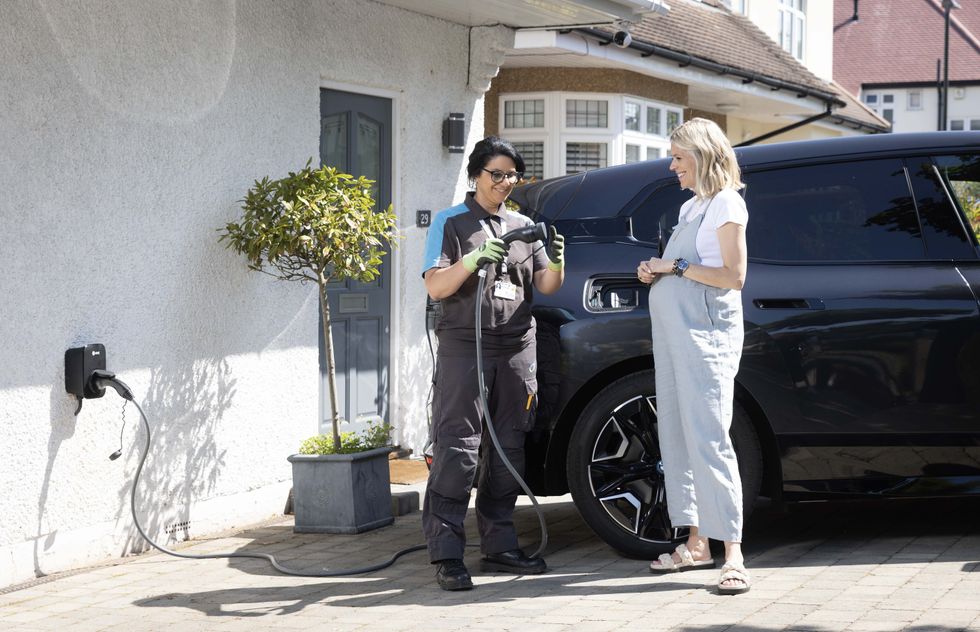
Experts have called on motorists to switch energy tariffs to save money
| PAAlthough prices will rise for homeowners looking to charge their vehicles in the coming months, it will still be significantly cheaper to charge at home than in public.
The latest data from the AA EV Recharge Report shows how using a slow off-peak charge in public can cost £16.80 to add 80 per cent of charge, or 9.49p per litre.
In comparison, it would cost a petrol vehicle £45.54 to fill up to the equivalent of 80 per cent charge at a price of 12.65 per mile.








